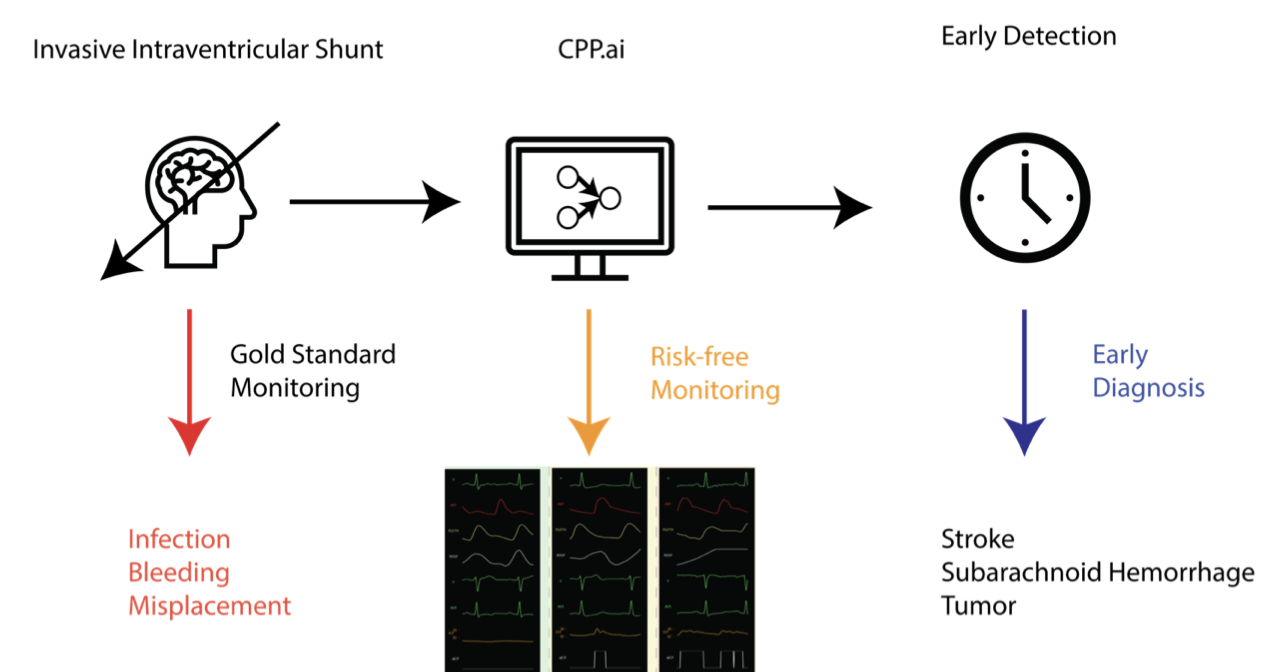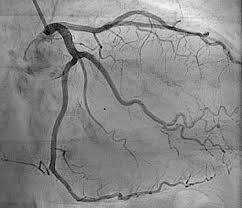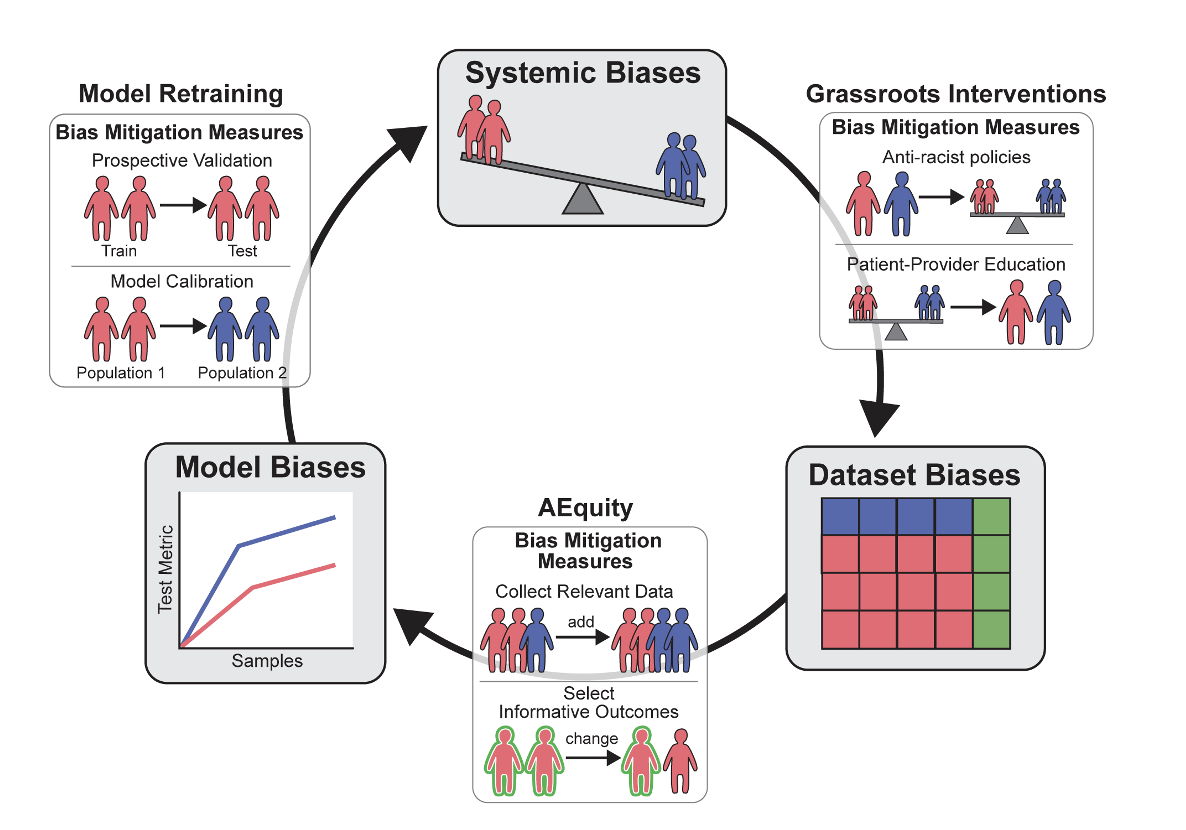About Faris Gulamali
Faris Gulamali is an AI researcher and Interventional Radiology Resident with publications in NPJ DM, Communications Medicine, Science, ICLR, JMLR, JMIR.
After completing a undergraduate studies in Chemistry and Statistics at Williams College and medical school at the Icahn School of Medicine at Mount Sinai Hospital, Faris is moving to Duke for an Integrated Residency in Interventional Radiology.
Faris has published 15 articles with 3 patents, developing algorithms applied to neuro-critical care, nephrology and cardiology.



